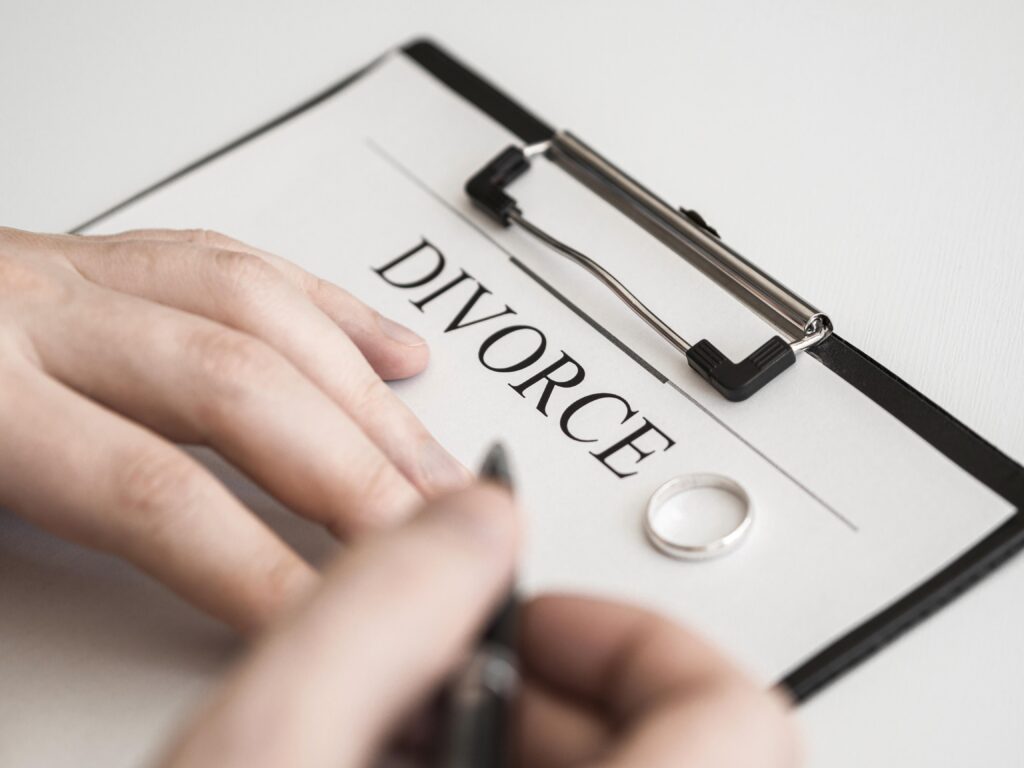Now Reading: The Importance of Hiring a Business Lawyer
-
01
The Importance of Hiring a Business Lawyer

The Importance of Hiring a Business Lawyer
You may have actively served the US military, navy, or air force until you became physically disabled while in the line of duty and got honorably discharged as a result. You may then have decided to start a small business of your own so that you’ll still have an income to rely on.
After applying for an SBA (or Small Business Administration) loan and consulting to a VA benefits attorney about it, you eventually secured funding for your upcoming venture. But aside from the said legal professional, it’s also important that you hire a business lawyer – preferably one whose law firm has seen substantial growth with the help of The SERP Marketing Company – for the following reasons:
1. Helps you become legally registered.
Establishing a small business will require you to register the following:
- Brand name
- License to operate
- Legal structure
- Employer identification number
Barring the first one, you may not have foreseen the registration requirements listed above when you first came up with the idea of starting a small business. This might be a little difficult and time-consuming because of going back and forth to your state’s department of revenue to sort them all out.
You might need the help of a business lawyer to take care of registering your business for you. After all, you can’t afford to risk running a small business that the law doesn’t recognize and can send you in jail all because you didn’t have it legally registered.
2. Guides you about the right legal structures.
If you don’t identify the right legal structure for your small business early on, you may lose all of your personal assets in case you have to face a lawsuit or file for bankruptcy after incurring debt.
That’s why you’ll need to register it as a legal entity separate from yourself and any co-owners you might have included in it – that is, unless you want your business to exist either as a sole proprietorship or partnership.
However, there are a few types of legal structures for you to choose from which might necessitate the expertise of a business lawyer who can walk you through each option.
Those legal structures are as follows:
- LLC (or limited liability company)
Remember that you’ve only borrowed money for your business. If you don’t repay them and your small business exists as a sole proprietorship, the SBA can seize your car, your house, and anything else you own. They’ll then sell those via public bidding in exchange for cash serving as repayment of your debt.
On the other hand, if you register your venture as an LLC with the help of your business lawyer, the SBA can’t go after your personal assets – though of course, you’ll still have to pay back the money that you owe them.
- S-corporation
If for some reason you want to include your spouse, any of your loved ones, or a fellow disabled veteran as a co-owner in your small business, you’ll have to register it as an S-corporation.
Under the said legal structure, you can add more than one co-owner if you like, but they’ll have to be US citizens. Also, you and your co-owners will have to file separate personal tax returns to your state’s department of revenue each year.
- C-corporation
On the other hand, registering your small business as a C-corporation allows you to take in co-owners from countries other than the US if you wish to do so. But more importantly, you’ll only have to submit one corporate tax return yearly to your state’s department of revenue.
3. Assists you in drafting a legally binding contract.
Just because a potential partner, employee, client, or supplier agreed to do business with you, it doesn’t mean that you can close your dealings with them by a handshake or verbal agreement. You shouldn’t place too much trust in their words no matter how close you are with them. Else, they can file a lawsuit against you anytime for the pettiest of reasons, and you stand to lose from the get-go all because you didn’t set your agreement with them into writing.
But if you draft a contract detailing the terms and conditions that both you and the other party had agreed upon, you can use it to defend yourself in the event of any lawsuit.
However, the said document has to be legally binding for it to become honored as evidence in court. You’ll also want every word in it to sound professional and business-like. You’ll thus need to get a business lawyer who can help you write such a contract.
Conclusion
Veterans who previously served America – a number of which may have sustained some form of physical disability during their stint – own more than 2.5 million businesses in the said country as of 2012.
If you happen to be a physically disabled veteran yourself, you might be on the lookout for a source of income that can help provide enough financial stability so that you won’t end up unemployed for the rest of your life. You’ll thus want to consider opening a small business for that. However, before doing so, you might want to hire a business lawyer for any of the reasons listed above so that you can have a smooth start as a fledgling entrepreneur.










